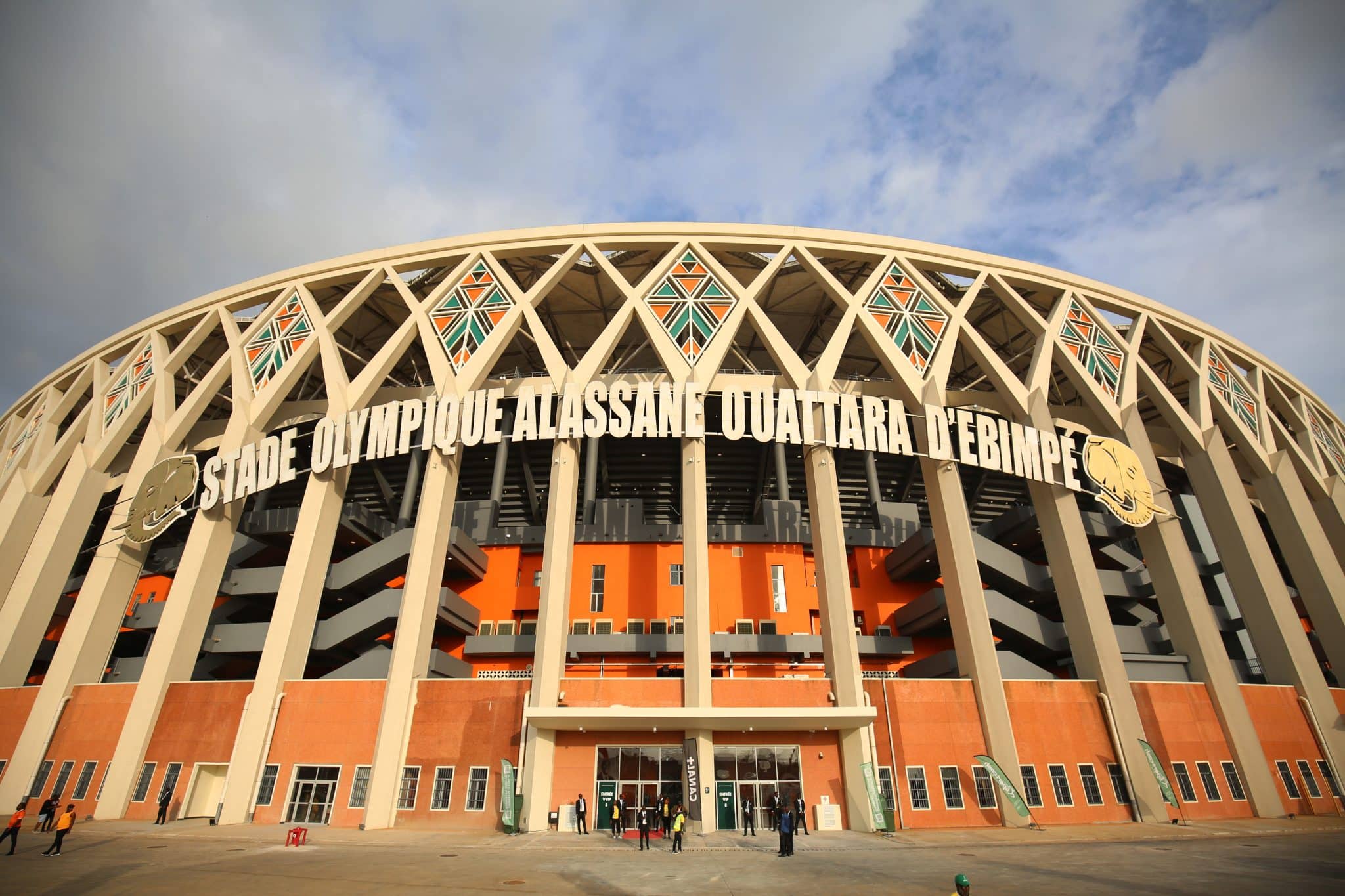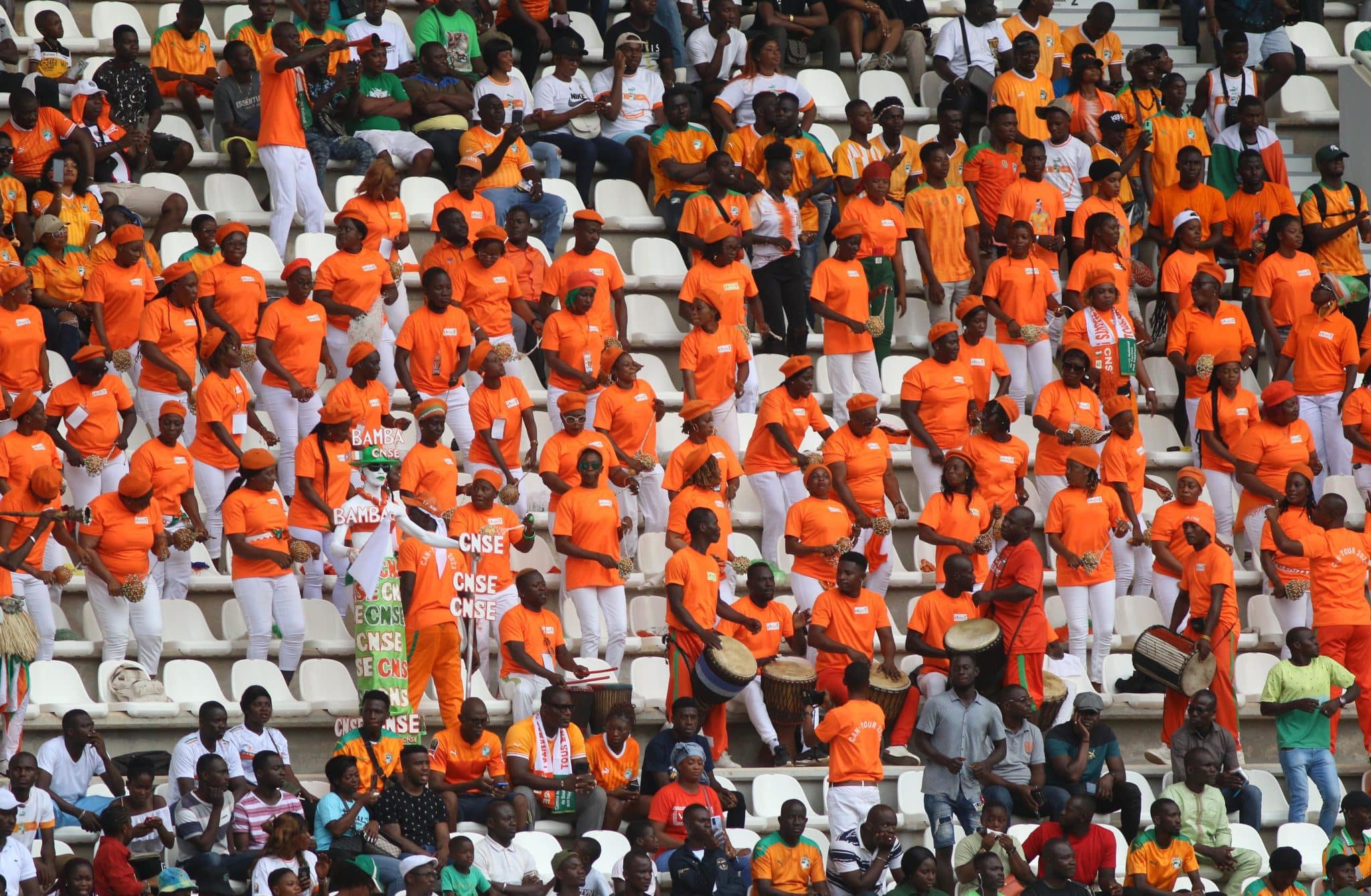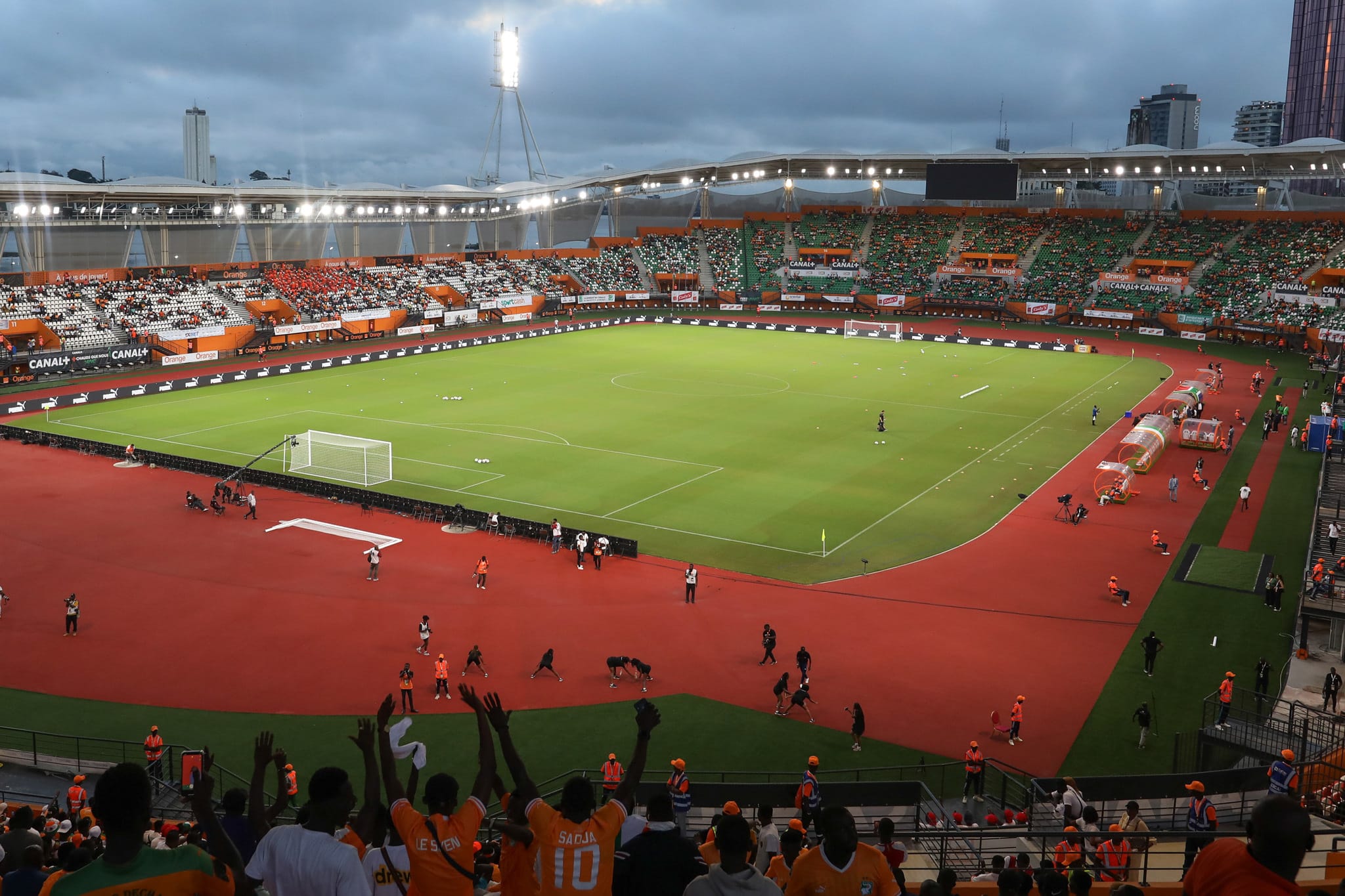Twenty-four nations will converge on Ivory Coast next month for the 2023 Africa Cup of Nations (AFCON), which kicks off on 13 January, with the final taking place on 11 February.
The opening game, a third of the group stage and much of the knockout stages – including the final – will all be taking place in one of two stadiums in Abidjan, the country’s biggest city, which will act as a tournament base for many of the visiting fans.
However, the six stadiums used for the tournament will be spread across five host cities, with a fair amount of travel time between all of them.
Fans wanting to see their teams in various venues, or tourists wishing to experience this diverse nation during the tournament, should not be discouraged. This is our guide on how to travel between host cities during AFCON 2023.

Afcon 2023 travel around Ivory Coast
Road
For those wanting to take charge of their own journeys, hiring a car will be the number one option. Car rental is available at Abidjan airport from well-known hire companies such as Avis and Europcar.
Traffic, particularly in city centres, can be quite chaotic, so only consider this option if you are an experienced driver. One drives on the right side of the road in Ivory Coast.
Ivory Coast’s road network has been improving over recent years and the country has two four-lane motorways. One of which forms part of the Trans-West African Coastal Highway, passing through Abidjan and Yamoussoukro.
The 224km journey takes just under three hours. The Charles Konan Banny Stadium in the nation’s capital plays host to giants Senegal and Cameroon in the group stage, plus two knockout stage fixtures.
Keep following the two-lane Autoroute du Nord a further 75 minutes from Yamoussoukro and you will reach the provincial capital Bouaké, home of semi-final venue Stade de la Paix.
Three hours 30 minutes further, mostly on the same road, and you will reach the northern city of Korhogo, where the Amadou Gon Coulibaly Stadium will mostly be used for Group E matches.
Around 333km separate Abidjan and the other host city, San-Pédro, and the coastal road between them takes around four hours 45 minutes by car.

Bus
For those wanting the most affordable and comprehensive travel experience in Ivory Coast during AFCON 2023, bus travel is the best option.
Every city in Ivory Coast has at least one bus company that runs daily services to and from Abidjan. However, each bus company has its own station, while schedule and price information is hard to come by online, making the situation complicated for tourists.
One reputable company to use is UTB Interurban Buses, which offers plenty of direct options. Tickets must be bought in advance either by using their app, or at the station counter, located at this address;
Gare UTB d'Ajamé, Av. 13, Abidjan, Côte d’Ivoire.
Rail
Ivory Coast only has one train line, connecting Abidjan with Ouagadougou, the capital of Burkina Faso.
Trains – affectionately known as the “Ouagadougou Choo-Choo” – run three times a week, but accurate schedules are hard to come by, and the only AFCON 2023 host city with a station on the route is Bouaké. The journey time between Abidjan and Bouaké takes eight hours 20 minutes.
Plane
For those wanting to cut the travel time and have more reliable schedules to hand before travel, then domestic flights around Ivory Coast are an option.
Air Côte d'Ivoire offers daily flights to San-Pédro, four flights weekly to Bouaké and three flights per week to Korhogo. Flights from Abidjan to Yamoussoukro go via Bouaké.
A round trip to San-Pédro during the tournament currently costs around £125 (US$158), while it’s £53 (US$67) to Bouaké and £156 (US$195) to Korhogo.

Travelling around Abidjan during AFCON 2023
Orange coloured taxis are available across Abidjan, with fares usually between US$2-4 depending on the length of the trip, but make sure to negotiate the price with the driver before you set off.
Abidjan has an extensive intracity bus network, which operates along fixed routes, but are often overcrowded and petty theft is not unheard of, especially at bus stations.
Collective taxis, known as “Woro-Woro” and bush taxis (similar to minibuses) are also in operation, but only tend to start moving once they are full.
